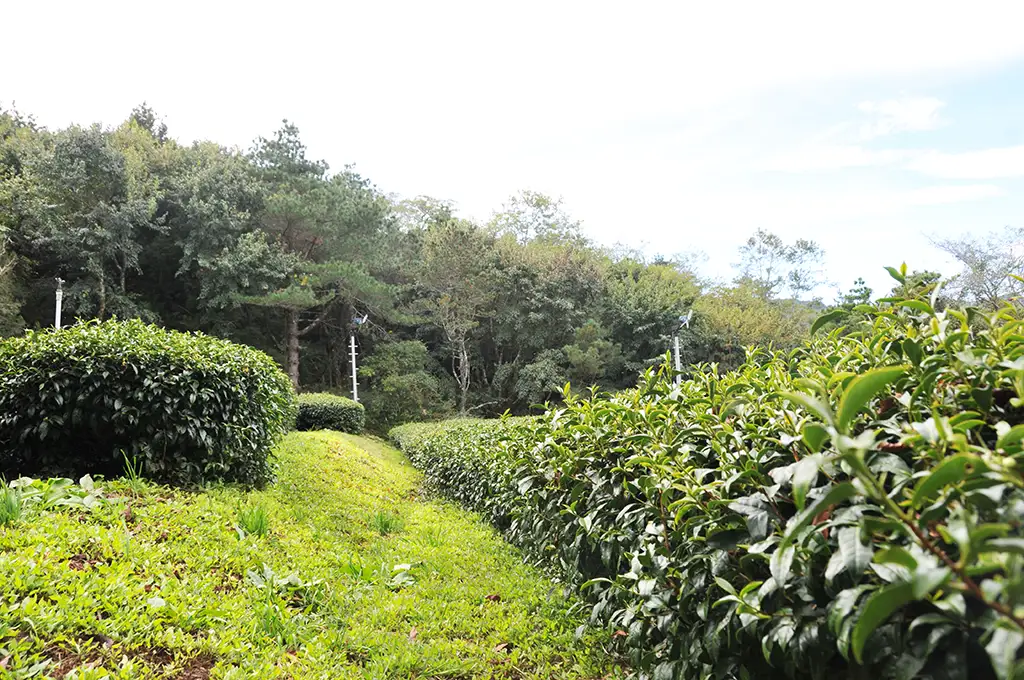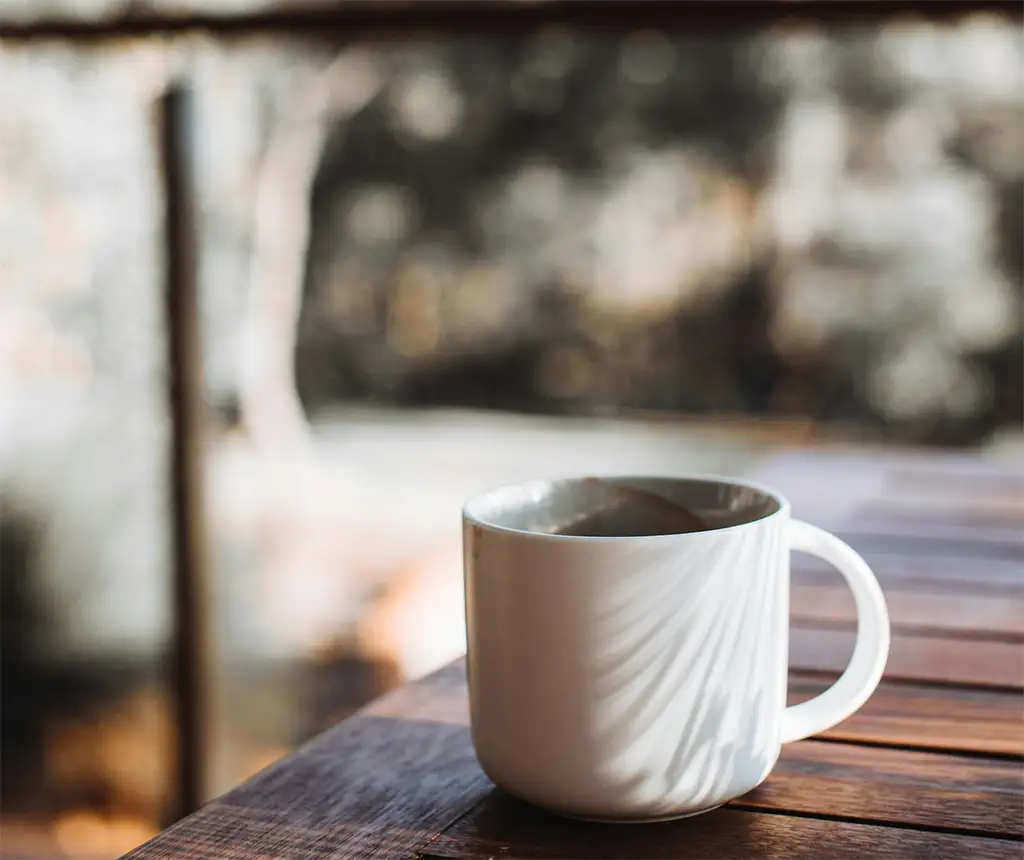Yes, Taiwanese Oolong tea typically contains caffeine, although the amount can vary depending on the production method and the type of tea leaves used. Generally, Oolong tea contains less caffeine compared to coffee but still retains a certain proportion. Therefore, if you are sensitive to caffeine or need to limit your caffeine intake, be mindful that Oolong tea may contain a certain amount of caffeine.
Caffeine Content in Taiwanese Oolong Tea
According to some studies, the caffeine content in Taiwanese Oolong tea per 100 milliliters ranges from approximately 15 to 55 milligrams. It’s important to note that this is just a rough range, and the actual caffeine content can vary due to different factors. For instance, tea harvested in summer tends to have higher caffeine content than winter tea; younger leaves have more caffeine than older leaves; tea leaves with longer fermentation times contain more caffeine than lightly fermented ones.

To avoid consuming too much caffeine, consider the following methods:
- Choose low-caffeine tea leaves: Lightly fermented Oolong tea, Jin Xuan tea, and high mountain Oolong tea from Taiwan generally contain less caffeine compared to black tea and coffee, making them lower-caffeine options.
- Reduce steeping time: Caffeine is primarily released during the steeping process. Shortening the steeping time can reduce the caffeine content in the tea leaves. Try controlling the steeping time and avoid steeping for too long.
- Avoid drinking on an empty stomach: Drinking tea on an empty stomach can accelerate caffeine absorption. Try drinking tea after eating to slow down the absorption rate of caffeine.
- Discard the first brew: Some people prefer to discard the first round of brewing because it releases more caffeine. They brew the tea once, discard the water, and then brew it again for the second round. This can help reduce the caffeine content in the tea leaves.
